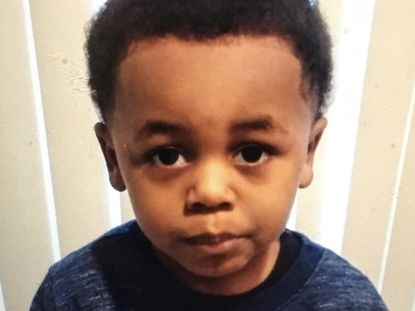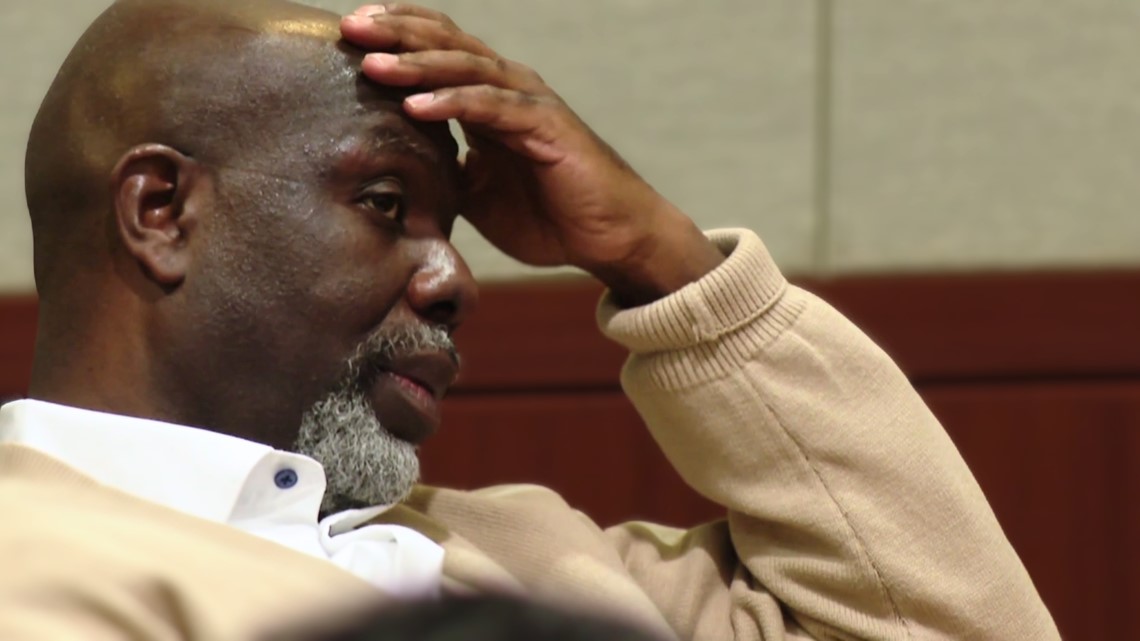According to the newly passed CODI Alert Program, the establishment of the alert by a “locality or media is voluntary.”

www.wtkr.com
New ‘CODI Alert,’ like other missing persons alerts, is voluntary
When little
Codi Bigsby was reported missing by his father in Hampton in 2022, many in the community expressed outrage over the
lack of an AMBER Alert to help find the child.
“For him not to get an alert that could have saved his life, it troubled me very deeply,” Delegate A.C. Cordoza, who represents Hampton in the Virginia General Assembly, said.
According to the Hampton Police Department following Codi’s disappearance, the child did not qualify for an AMBER Alert because authorities did not believe he was abducted— a key criteria for AMBER Alerts to be issued. As WTKR News 3 reported, Codi’s body has never been found, and his father was sentenced this summer to 45 years in prison for the child’s murder.
Cordoza, who was among several community volunteers that helped search for Codi following the report of his disappearance, agreed with
calls from the community for the establishment of a missing child to address gaps in the AMBER Alert criteria.
“Trying to fix the AMBER Alert, that’s a national issue. Out of my hands,” said Cordoza. “I said, well, what can we do on a state level to stop this from happening?”
With the help of the community and law enforcement, Cordoza crafted the
Virginia Critical Operation for a Disappeared Child Initiative (CODI) Alert Program. It passed the General Assembly this year, and was signed into law.
The CODI Alert applies to a missing or endangered child who “is 17 years of age or younger or is currently enrolled in a secondary school in the Commonwealth, regardless of age.” The child’s “whereabouts are unknown” and their disappearance is “under suspicious circumstances or poses a credible threat as determined by law enforcement to the safety and health of the child and under such other circumstances as deemed appropriate by the Virginia State Police.”
Virginia State Police have until the summer of 2025 to get the alert system up and running.
I asked Cordoza, “In your mind, how is this going to work?”
He said, “We're going to set off alerts by region, but we're going to concentrate with a radius of two spots: where the child lives, and where we last saw the child. And it’s going to go off at the same time.”
However, I noticed
a line in the law that reads, “The establishment of a Codi Alert Program by a locality and the media is voluntary, and nothing in this chapter shall be construed to be a mandate that local officials or the media establish or participate in a Codi Alert Program.”
I asked Cordoza, “Are you concerned that [language] could leave some people out of getting the alert, who would deserve to get the alert?”
He responded, “No. So, that language is more for to protect the locality from liability.”
He continued, “It is technically voluntary, but I don't know any elected sheriff, or any mayor who's over a police chief who would say, ‘I'm not going to put my city and county in this program.”
I asked state Senator Danny Diggs, the former York County Sheriff and champion of the CODI Alert law in the state Senate, if the law’s language means there’s no consequences if law enforcement doesn’t issue the alert for a case it applies to, or if media doesn’t share the alert.
“Right,” said Diggs. “It's something that we want people to participate in voluntarily without the fear that hey, if something goes wrong, or if we don't do something right, maybe we shouldn't participate at all.”
He continued, “We have to rely on the good judgment of those who are making the decision to do the right thing.”
The voluntary language is also included in the
AMBER Alert, the
Senior Alert, and the
Virginia Critically Missing Adult Alert— also know as the Ashanti Alert.






